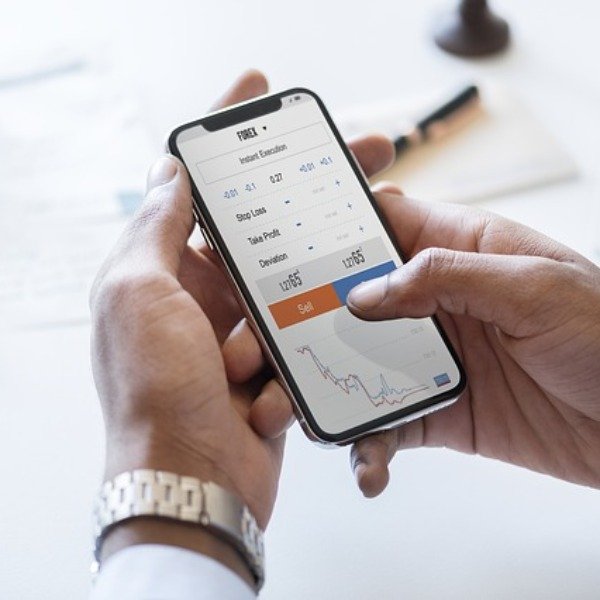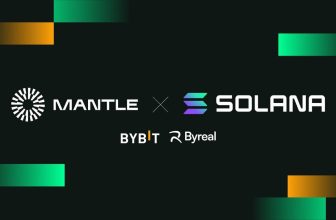
Trading crypto is becoming a very lucrative and interesting ordeal. This new, extremely volatile asset class promises returns greater than anything else on other markets is currently able to.
Many people have recognized this potential to invest and have wholeheartedly accepted the opportunity to multiply their riches.
Best thing about the crypto market is that you don’t need any heavy certification or massive investment capital: anyone anywhere can save up on food for a week and invest in a quality crypto solution from the comfort of their home.

Volatility is a good servant but a rather bad master. Crypto market is volatile thanks to the fact that it’s still largely unregulated and some illegal and immoral practices sometimes dictating its prices.
Any new investor should approach the market with utmost caution and respect; everything moves at a breakneck pace and under some let’s say unusual terms, meaning that an investor will end up suffering losses if not careful enough. With increased chance of winning comes an increased chance of losing everything so you should prepare yourself well before dipping your toes in.
What you'll learn 👉
Understand the technology
The initial tech barrier can be quite imposing to anyone looking to start dealing with crypto. All the talk about blockchains, hash algorithms, mining, digital wallets, private keys etc. can make you want to quit dealing with crypto before you even bought your first satoshi. In reality, the complexity of the technological side isn’t that scary. You don’t need to learn how to develop for a blockchain to become a crypto-owner; the necessary software and steps required to purchase your first crypto are becoming simpler by the day.
Control your emotions
One thing that most new crypto traders regularly do fail to do is to control their emotions. These emotions can run rampant on various occasions and run your chance of getting rich. Setting up your wallets and exchange accounts can be annoying, especially if you are required to fulfill some of the more intrusive KYC protocols.
Even after creating an account, the verification can take forever as the exchanges are undermanned. Sending cryptocurrency, while lauded as much faster than your average bank transfer, can sometimes take longer than usual.
Once you have your funds available on an exchange, you will most definitely overtrade and start chasing after pumps. All of these factors can make your emotions run wild and in turn force you to make bad decisions; try to avoid this from happening.
Stay safe
Crypto markets are a veritable Wild West of trading. As the industry has hit the mainstream eye very recently, the financial regulators are just now starting to take it seriously. This resulted in the crypto playground becoming plagued with hackers and fraudsters looking to take advantage of newbies.
It seems like these malicious players are constantly one step ahead, constantly thinking of new ways to circumvent the security measures in place. As a general rule of thumb, try not to fall for things that sound too good to be true. No one will send you back 10 ETH if you send them 1 ETH “to verify your address”. Also try to store the funds you don’t want to trade in cold storage; keeping funds you don’t mean to trade on exchanges is just asking for trouble.
So, why even invest in crypto then?
If the potential to become a part of a technology revolution which could shake the very fabric of our economic, social and political behavior isn’t enough of a motivator, then the potential money you could earn should be. Bitcoin rose by 1000% by the end of 2017, with the entire market going over 3390%.
As with any other investment some rules should apply. Invest only what you are prepared to lose and try to diversify. Having your eggs in more baskets will limit your potential risk and enable you to potentially gain much more.
Try not to diversify too much as it will be difficult to keep track of all your investments that way. Limit yourself to a couple of good cryptocurrencies which you have thoroughly researched and which made you believe they have potential to grow. Also, some people recommend practicing with demo accounts.
Exchanges like eToro and BitMex offer neat demo accounts with plenty of fake money to invest. The only issue with this is that you’ll be much less emotionally invested in your fake money and will make more risky decisions than you would/should in real money situations.
Ultimately it’s up to you. There are plenty of resources on the internet and on our website which tell you in-depth how and where to start investing. Hopefully this article cleared some of that initial confusion and spared some of your hairs from pulling. All you have to do now is pick an exchange, create an account, fund it and start trading.
All the best on your journey!







